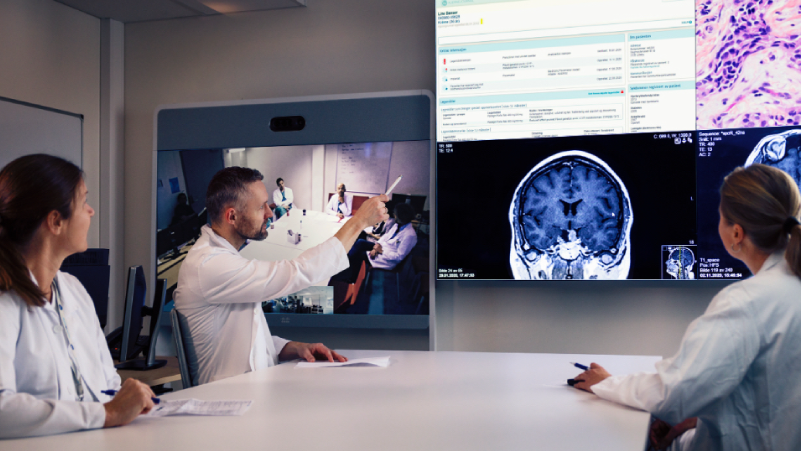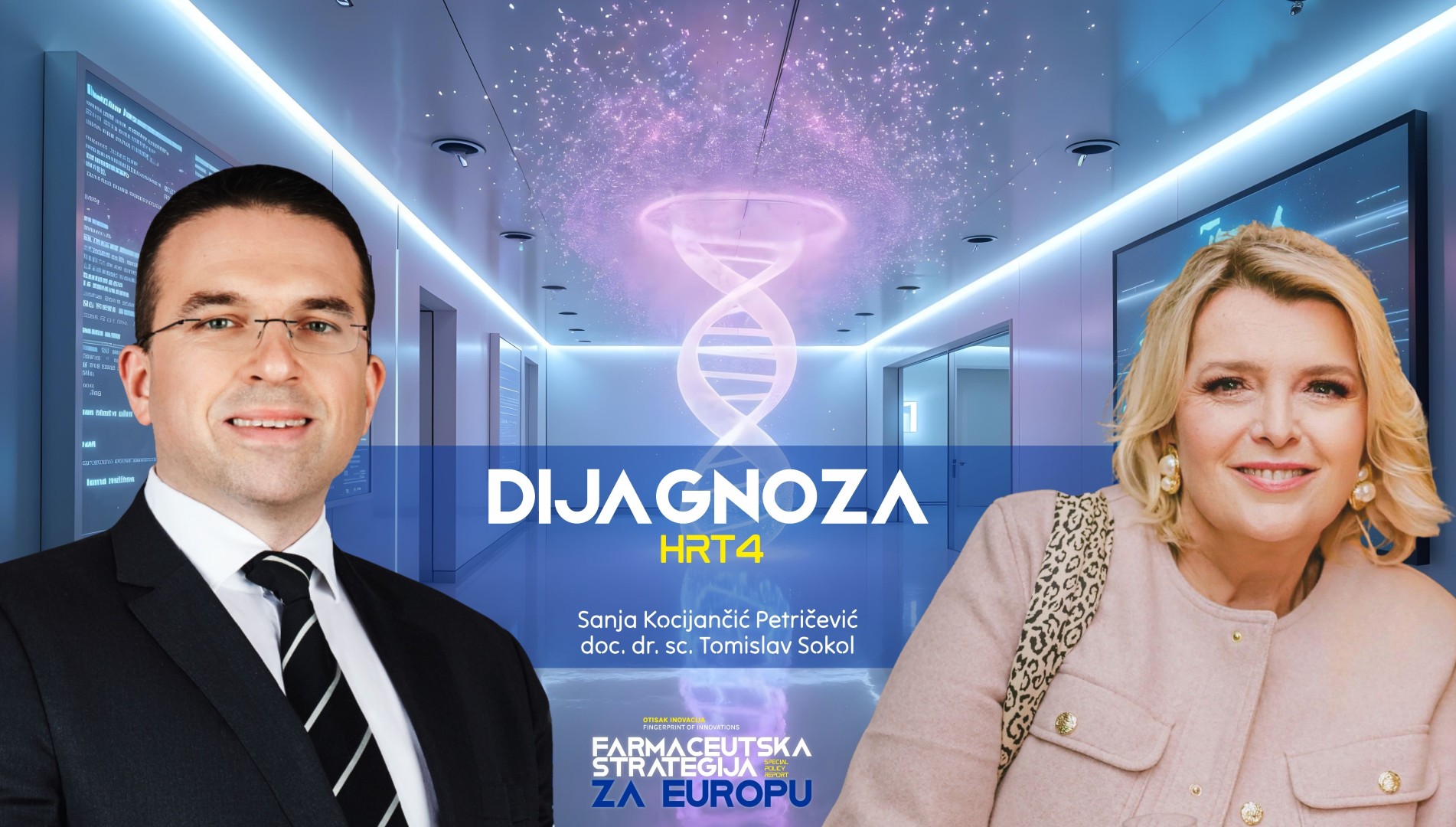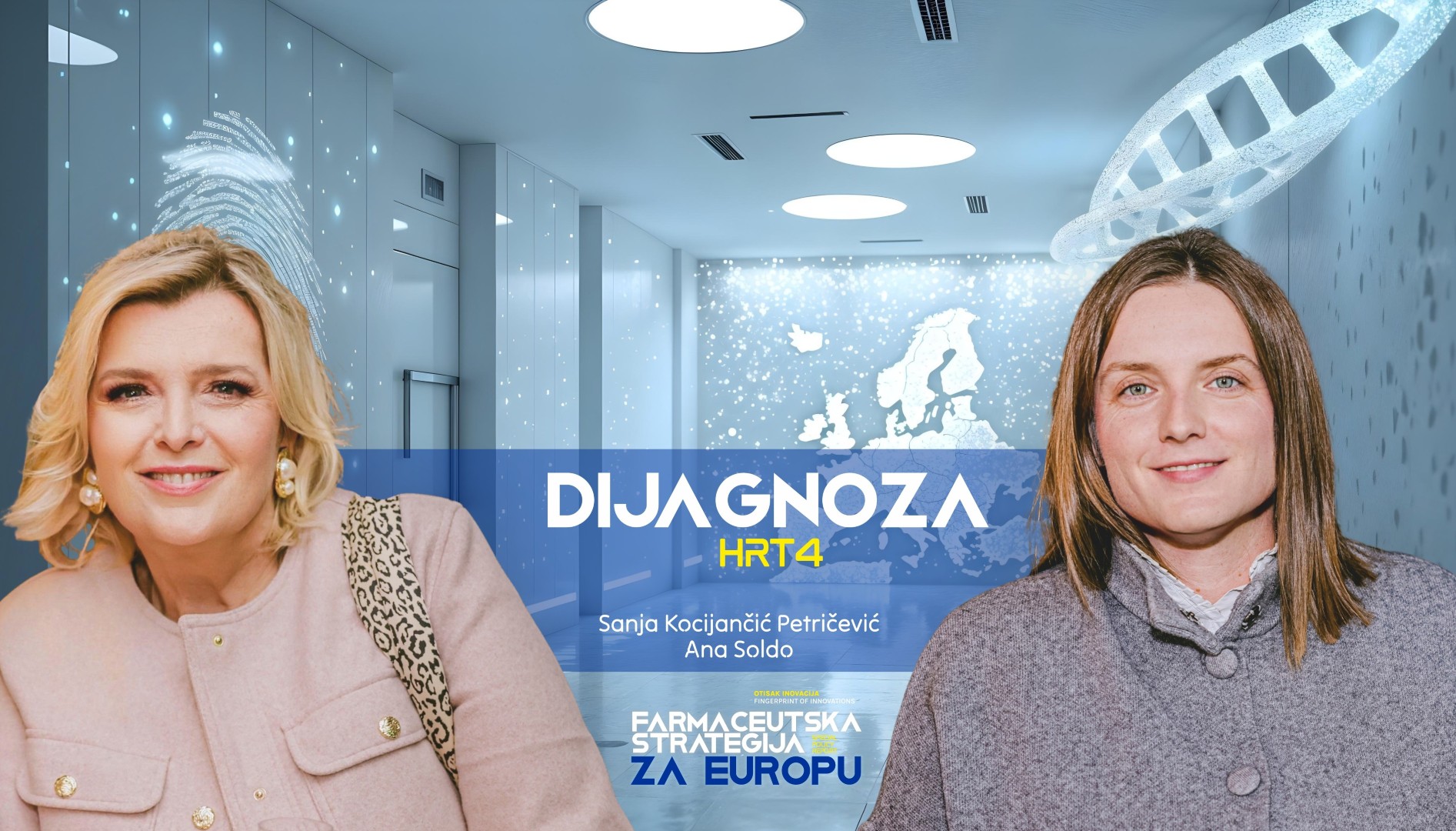Beacon of the Cancer Care – Accelerating the implementation of LDCT screening for lung cancer in Central and Eastern Europe
he Lung Cancer Policy Network hosted the in-person roundtable ‘Accelerating action: lessons from lung cancer screening in Central and Eastern Europe’ in Warsaw, Poland. The event brought together oncologists, pulmonologists, radiologists, screening leads, data scientists, industry representatives and others to generate recommendations on how to facilitate the implementation of LDCT screening across the CEE region.
From the outset, participants in the roundtable were emphatic about the importance of the event and about the Network’s role in promoting the earlier detection of cancer. Network member Prof. Witold Rzyman started the discussion by noting, ‘Lung cancer screening is the biggest achievement in the field for decades.’ He went on to say that new initiatives, such as MULTIPREVENT, can help improve implementation by determining the risk factors for lung cancer and its comorbidities, such as including the detection of other pulmonary diseases during screening for lung cancer.

The CEE region faces unique challenges, including a rising prevalence of lung cancer among women and a complex reimbursement and funding model. But smoking is still a major issue, according to Sebastian Schmidt of Siemens Healthineers. ‘Here we have the highest incidence of lung cancer due to above-average smoking rates caused by delayed tobacco-control measures,’ he said. However, he continued, ‘The region is leading in terms of lung cancer screening implementation, with the four most advanced programmes in the EU-27.’ Sebastian also said he believes that the region is particularly suited for screening implementation because of the fact that many of its healthcare systems have strong screening programmes for TB and other diseases.

Every year sees over 477,000 new cases of lung cancer in the EU, and 80,000 in the CEE region alone. But EU Cancer Mission Board member Penilla Gunther, a cancer survivor herself, was positive about the opportunities that LDCT screening can bring. These opportunities include moving the stage of diagnosis from a late one – where treatment is expensive and less effective – to an early one, where survival can be significantly improved. Penilla estimated that 16,000 lives could be saved in the CEE region on a yearly basis; she also talked about the many achievements of Europe’s Beating Cancer Plan and highlighted key funding opportunities that could be used in the region to support further research and set up pilot programmes.
Polish MP Henryka Krzywonos shared her personal experience with lung cancer and discussed her commitment to improving the lives of others living with the disease. She also reiterated the importance of taking action in the region, telling attendees, ‘I promise that I will do everything as an MP to help you. I give my word to do as much as I can.’

An update on screening activity across the CEE region
Screening leads from Croatia, Poland, Hungary and the Czech Republic gave brief presentations about their respective screening programmes, including how they were set up, their criteria and their results. While the programmes are all at different stages, they have resulted in a significant stage shift that can help improve survival from lung cancer. Such success stories demonstrate the effectiveness of implementing LDCT screening in the region. Hungary experienced a 52.4% increase in stage 1 lung cancer diagnoses and a 34.8% decrease in stage 4 diagnoses, and Poland has seen up to 70% stage 1 diagnoses in its positive screening results.

During a panel discussion, the screening leads talked about the challenges and successes they experienced during the implementation phase of their programmes. Hungarian screening lead Anna Kerpel-Fronius said the biggest challenge in screening is ‘reaching the hard to reach’. Croatian representative Kristina Krpina noted that the biggest challenges were ‘implementing artificial intelligence and collaborating with primary care doctors’. But she said that ‘excellent support from the minister of health, and health insurance’ are helping to mitigate those challenges. Czech Republic representative Vladimír Koblížek said, ‘General practitioners have an issue with CT access in rural parts of the country’; however, he said, his team is training CT specialists in the hopes of tackling the problem.
All in-person event attendees participated in a roundtable to identify recommendations to facilitate the implementation of LDCT screening in the CEE region, and the discussion explored shared goals over the next 10 years. One of the main aims is for 50% of cases to be diagnosed at stage 1 or 2; the barriers to achieving this include societal stigma, a lack of understanding that ‘nicotine addiction is a disease’, and the need for funding from national governments. Solutions suggested during the roundtable included the aggregation of existing data to demonstrate how effective screening is, multinational collaboration to learn from existing screening programmes, and more involvement by general practitioners at every stage of screening implementation.
REFERENCES//
https://www.lungcancerpolicynetwork.com/accelerating-the-implementation-of-ldct-screening/
![]()
Partners of “Beacon of the Cancer Care”






